
Houseplants have become an integral part of modern living, adding a touch of nature and tranquility to our indoor spaces. Among the many popular houseplants, the Monstera stands out with its large, distinctive leaves and relatively easy - care requirements. In this guide, we'll explore everything you need to know about growing Monstera as a houseplant, from its care needs to propagation and pruning.
Light Requirements
Monstera plants thrive in bright, indirect light. Direct sunlight can scorch their leaves, causing unsightly brown patches. A north - or east - facing window is often an ideal location. If you don't have a suitable window, you can also use artificial grow lights. Place the lights about 12 - 18 inches above the plant and keep them on for 10 - 12 hours a day. This will mimic the natural light conditions that Monstera is accustomed to in its native habitat.
Watering
Proper watering is crucial for the health of your Monstera. These plants prefer their soil to be evenly moist but not waterlogged. Overwatering can lead to root rot, which is a common problem for many houseplants. To water your Monstera, wait until the top inch or two of the soil has dried out. Then, water thoroughly until water drains out of the bottom of the pot. During the winter months, when the plant's growth slows down, you can reduce the frequency of watering.
Soil Type
Monstera plants need well - draining soil. A good potting mix for Monstera should be rich in organic matter and have good aeration. You can use a commercial potting mix formulated for tropical plants or make your own by combining equal parts of peat moss, perlite, and pine bark. This type of soil will allow the roots to breathe and prevent water from pooling around them.
Fertilizer
Fertilizing your Monstera will help it grow strong and healthy. During the growing season (spring and summer), you can fertilize your plant every two to four weeks. Use a balanced, water - soluble fertilizer diluted to half strength. In the fall and winter, when the plant is not actively growing, you can reduce or stop fertilizing altogether. Over - fertilizing can cause salt buildup in the soil, which can damage the roots.
Propagation
Propagating Monstera is a fun and rewarding way to expand your plant collection. One of the most common methods of propagation is through stem cuttings. To propagate your Monstera, take a stem cutting that has at least one node (the small bump on the stem where leaves and roots grow). Place the cutting in a glass of water, making sure the node is submerged. Keep the water clean and change it every few days. After a few weeks, roots will start to grow from the node. Once the roots are a few inches long, you can transfer the cutting to a pot with soil.
Pruning
Pruning your Monstera is important for maintaining its shape and promoting healthy growth. You can prune off any yellow or brown leaves, as these are usually a sign of a problem. You can also prune to control the size of the plant. When pruning, use clean, sharp pruning shears to make a clean cut. You can also prune to encourage bushier growth. Simply cut back the tips of the stems, and the plant will branch out.
In conclusion, growing Monstera as a houseplant can be a fulfilling experience. By providing the right amount of light, water, soil, and fertilizer, and by learning how to propagate and prune your plant, you can enjoy a beautiful and healthy Monstera in your home for years to come.
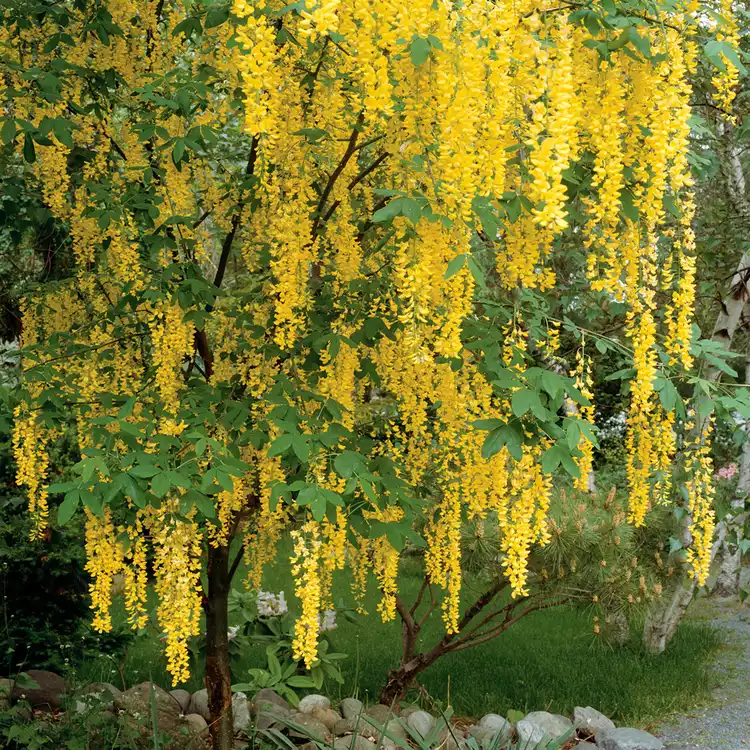
19 Small Trees for Front Yards That Explode with Color
Small trees can still pack a big punch in your landscape. Whether you've got a modest-size yard or are just filling in larger spaces, these varieties will fit in perfectly.
The Art of Pruning Magnolias for Optimal Growth
The Art of Pruning Magnolias for Optimal Growth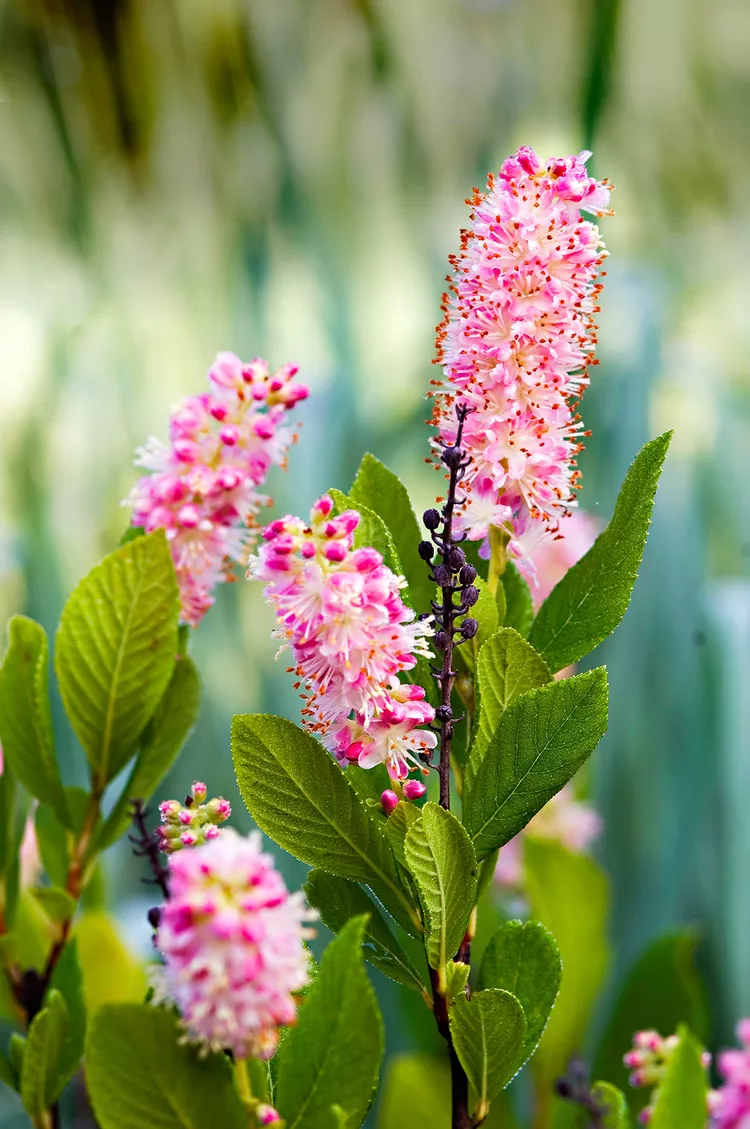
13 Summer-Flowering Shrubs That Are Super Easy to Grow
Plant these low-maintenance shrubs that bloom in summer to enjoy colorful flowers during the hottest months of the year.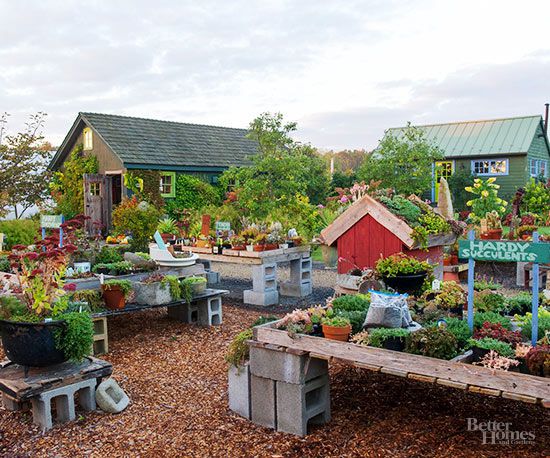
How to Xeriscape for a Water-Wise Yard
Create a beautiful landscape and conserve water with xeriscaping, a landscaping method that reduces irrigation needs and maximizes the use of natural precipitation.
How to Plant and Grow Water Clover
Water clover may look like a dense mat of lucky four-leaf clovers, but it’s actually a fast-growing aquatic fern.
The Enchanting Allure of Blue - eyed Grass in Your Garden
The Enchanting Allure of Blue - eyed Grass in Your Garden
Reviving Your Ficus: Unraveling the Mystery of Sticky Leaves
Reviving Your Ficus: Unraveling the Mystery of Sticky Leaves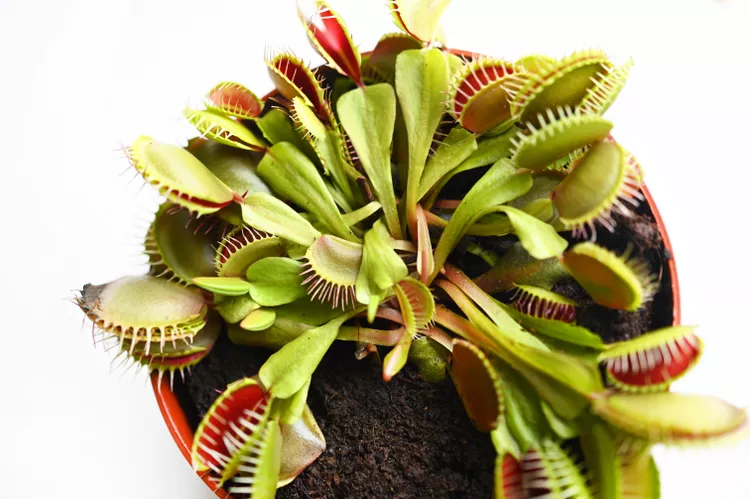
How to Grow a Venus Flytrap as a Houseplant
To grow a Venus flytrap, you need to give this carnivorous plant special care. Use these tips to keep your Venus flytrap thriving indoors as a houseplant.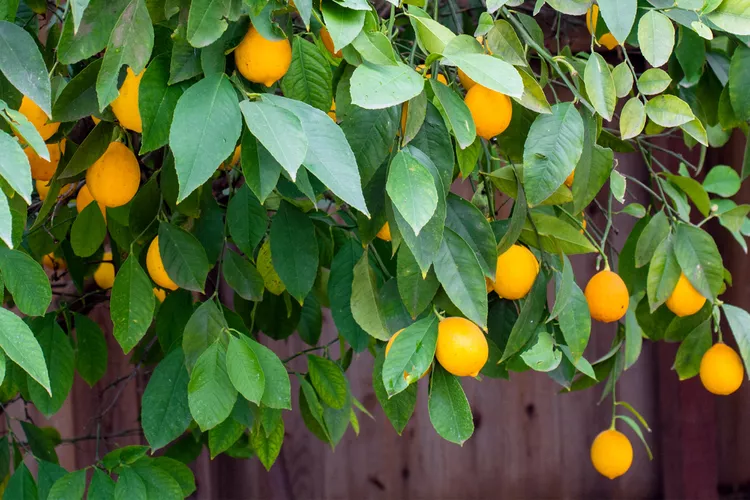
How to Plant and Grow a Meyer Lemon Tree
A Meyer lemon tree that produces sweet fruit is a beautiful addition to your garden or home.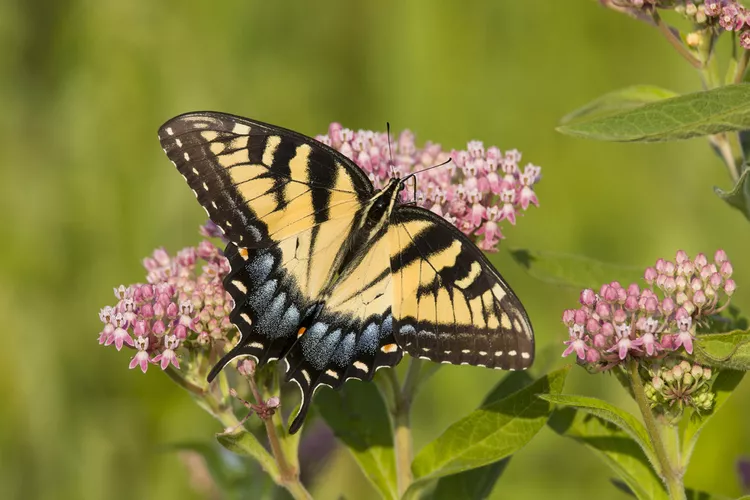
22 Beautiful Garden Plans for Attracting Birds and Butterflies
Create a butterfly- and bird-friendly landscape with these garden plans. Each design includes a mix of plants that can provide nectar, seeds, and shelter to wildlife. Add a water source to further enhance the habitat.
Unveiling the Wonders of Shade Garden Plans
Unveiling the Wonders of Shade Garden Plans
Unleash Your Garden's Potential with Our Free Guides
Unleash Your Garden's Potential with Our Free Guides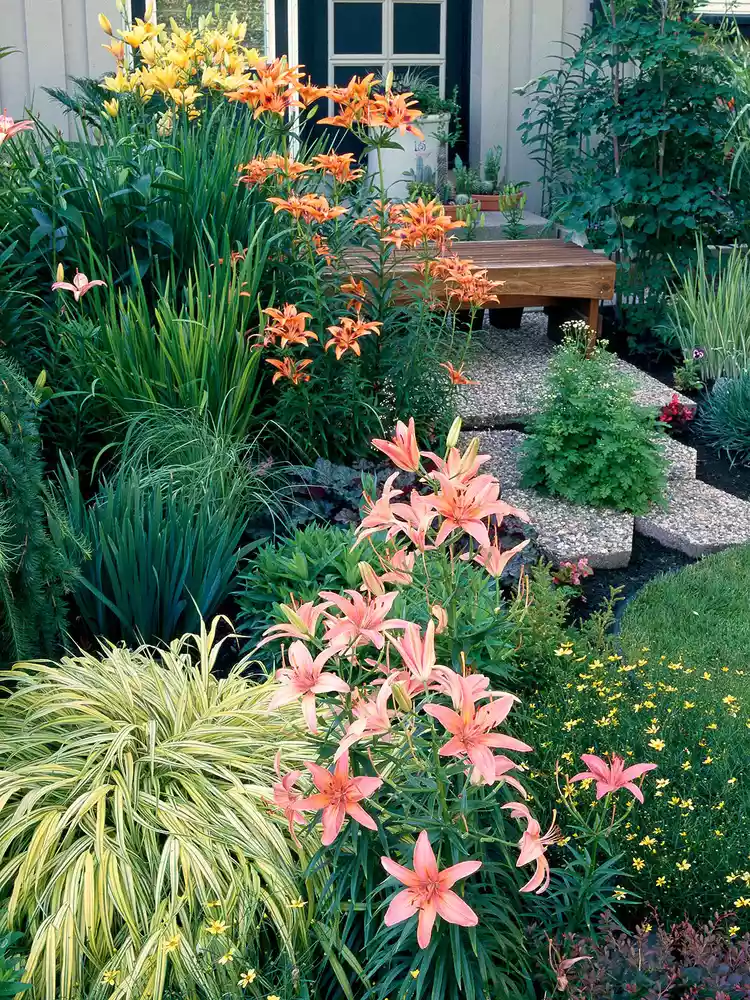
Use a Color Wheel to Plan Your Garden
Create a flower color wheel for your garden as you explore your plant color palette. It's the perfect meeting of gardening and decor! We'll help you discover how to use complementary, analogous, cool, warm colors, and more!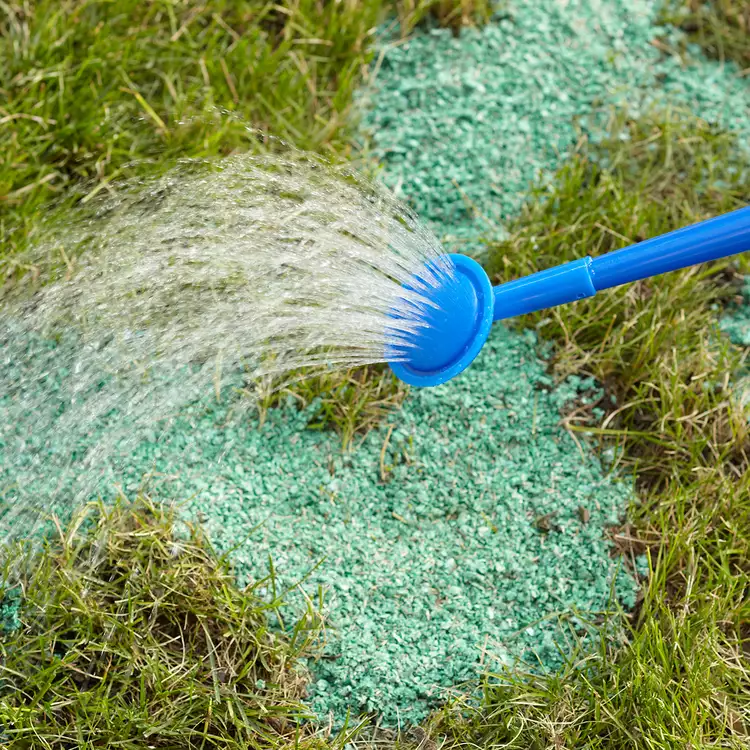
Your Seasonal Lawn-Care Schedule for the Northeast
Take the guesswork out of yard work. This lawn-care calendar lets you know when to mow, aerate, fertilize, and seed your yard in the Northeast.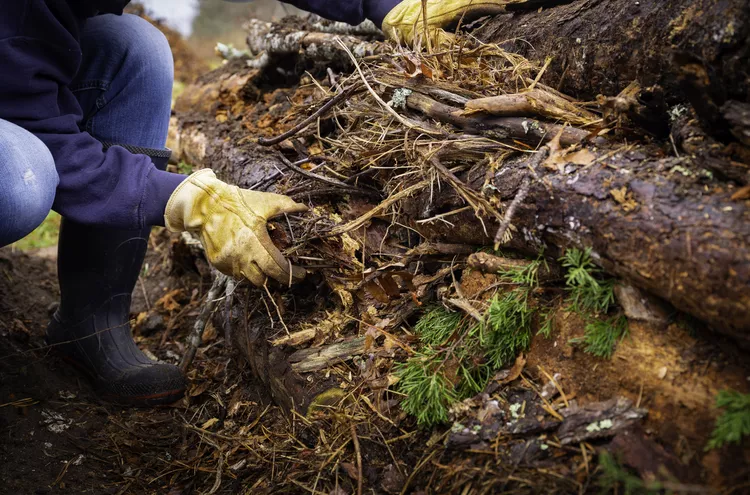
What to Know About Hugekultur Gardens and How to Create Your Own
Find out what hugelkultur is and the benefits this low-maintenance gardening technique provides with step-by-step instructions to create your own.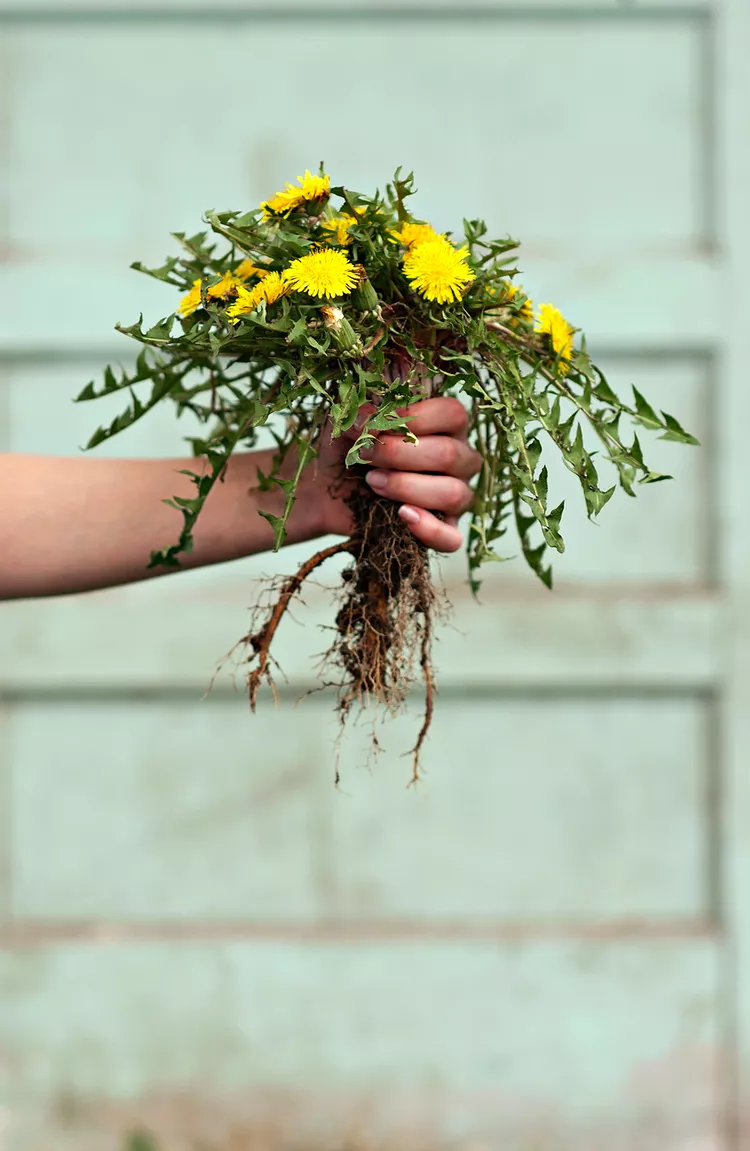
How to Kill Weeds Naturally Using Organic Products
Here's how to kill weeds naturally and organically in flower beds without any chemicals or products that will harm your plants.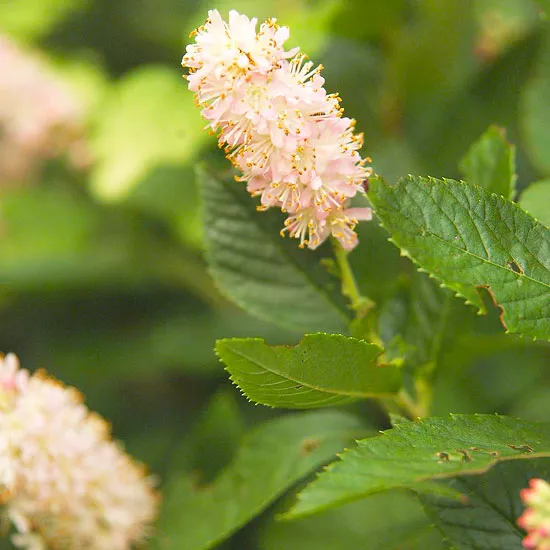
Super Plants for Kentucky Landscapes
Beautiful landscapes start with outstanding plants, and these award-winners are perfectly suited to Kentucky gardens.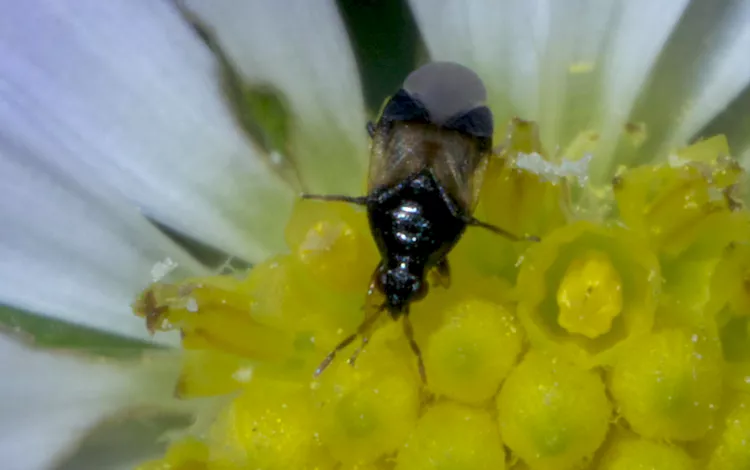
How to Avoid Minute Pirate Bugs: They're Tiny but Pack a Big Bite
Tiny minute pirate bugs are barely visible but their bites are painful. Here's how to prevent them from biting but allow them to help your garden.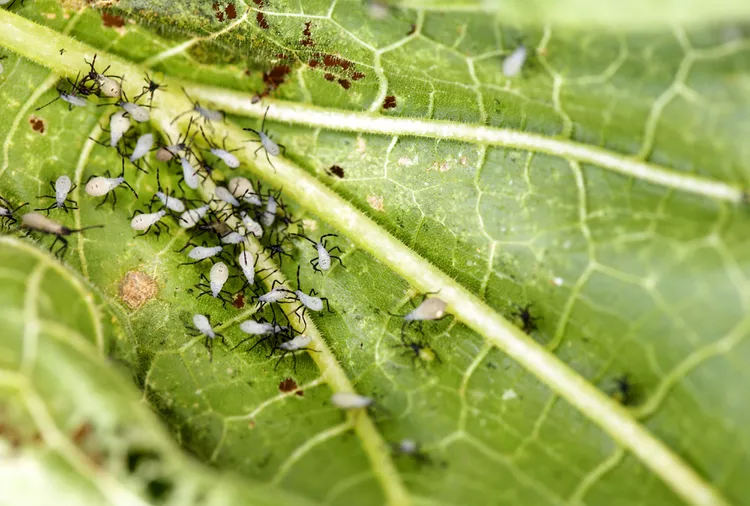
8 Tips for Getting Rid of Squash Bugs Naturally Before They Devour Your Plants
Find out how to get rid of squash bugs with these natural pest control tips, plus learn how to identify these insects and their damage.
Nature's Defense: Keeping Fleas and Ticks at Bay with Garden Plants
Nature's Defense: Keeping Fleas and Ticks at Bay with Garden Plants